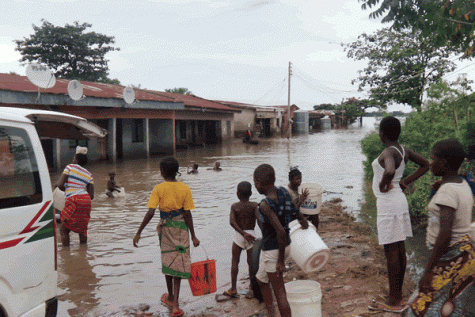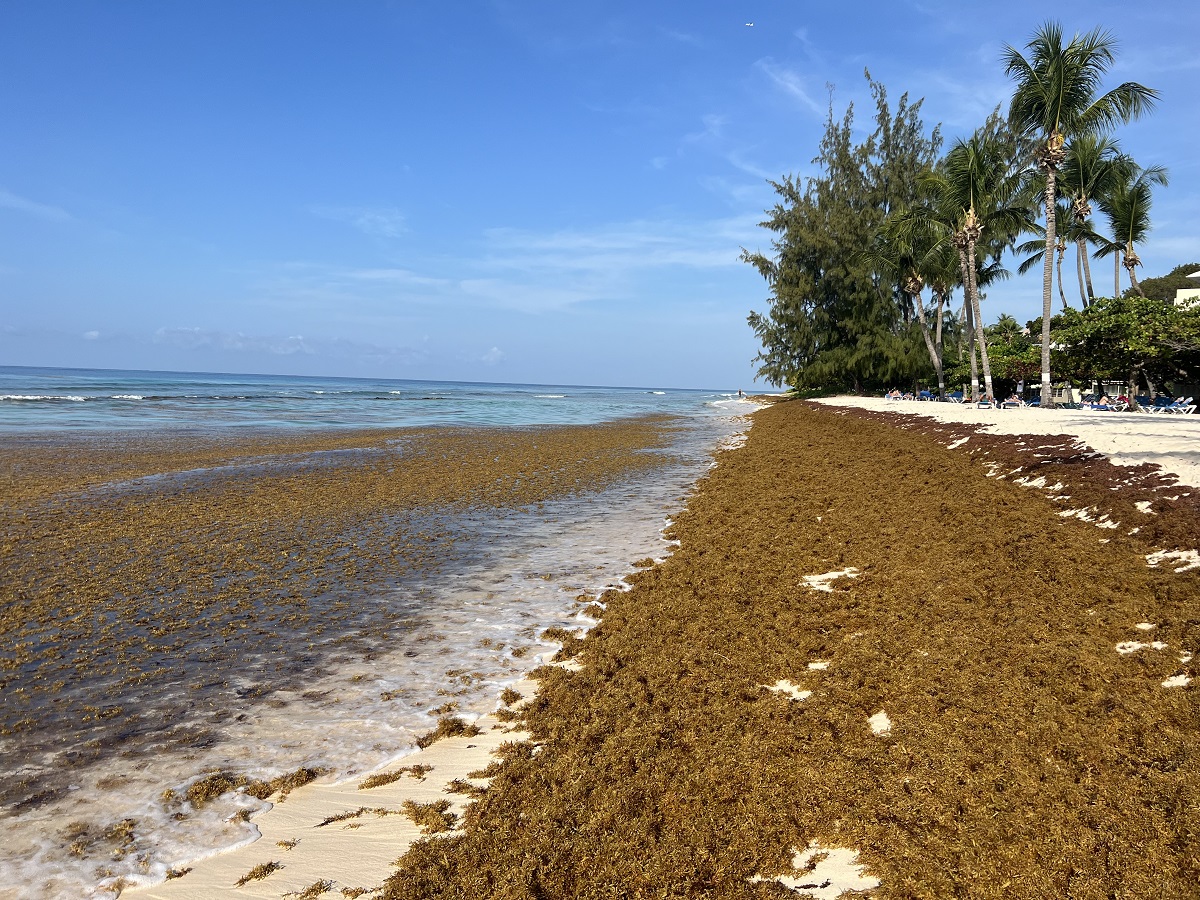AUSTRALIA'S government has warned its citizens to avoid travelling to Nigeria as it is too dangerous a travel destination at the moment due to a combination of the recent flooding that has ravaged large parts of the country and violent insecurity.
Still in its rainy season that runs from about May until the end of October, Nigeria has suffered a huge deluge of late.
Over 100,000 people have been displaced across Nigeria's Middle Belt over the last few months with up to 300 reported dead as a result of flooding brought about by Cameroon opening its Lagdo Dam and releasing tonnes of water.
River Benue flows into Nigeria from Cameroon and the Cameroonian authorities have built the Lagdo Reservoir 50 km south of the city of Garoua to help regulate the flow of water. Whenever the water in the artificial lake rises dangerously, however, the Cameroonians open the dam but because the Nigerian authorities have no flood control plans, this always leads to problems.
With the recent heavy rainfall witnessed in Nigeria, coupled with the opening of the dam, over 100,000 Nigerians have been displaced and at least 300 killed in the past few months. Data released by the National Emergency Management Agency (Nema) and the Nigeria Hydrological Services Agency (Nihsa) , showed that the situation is dire.
As a result of this scary situation, Australia has issued travel advise, posted on the website of its consulate, listing over 20 states including Abuja, the nation’s capital, where it cold its citizens to avoid. In addition the advisory note also listed terrorism, kidnapping and other criminal activities as reasons for Australian nationals to reconsider making trips to Nigeria, Africa's most populous country.
This travel advisory note read: “There have been significant casualties and widespread damage to infrastructure caused by severe flooding. Essential services may be disrupted. so follow the advice of local authorities and check the media for updates.
“The potential for terrorism, kidnapping, crime and civil unrest remains high throughout Nigeria. If, despite our advice, you undertake travel within Nigeria, research routes and get professional security advice and support before departing.
“Reconsider your need to travel to Nigeria overall, including the capital Abuja and surrounding areas due to high threats of terrorist attack and kidnapping, the volatile security situation, possible violent civil unrest and high levels of violent crime. Do not travel to Adamawa, Anambra, Akwa Ibom, Bauchi, Bayelsa, Borno, Cross Rivers, Delta, Gombe, Imo, Jigawa, Kaduna, Kano, Katsina, Kebbi, Niger, Plateau, Rivers, Sokoto, Taraba, Yobe and Zamfara States.”







